Top SaaS Companies to Watch in 2025
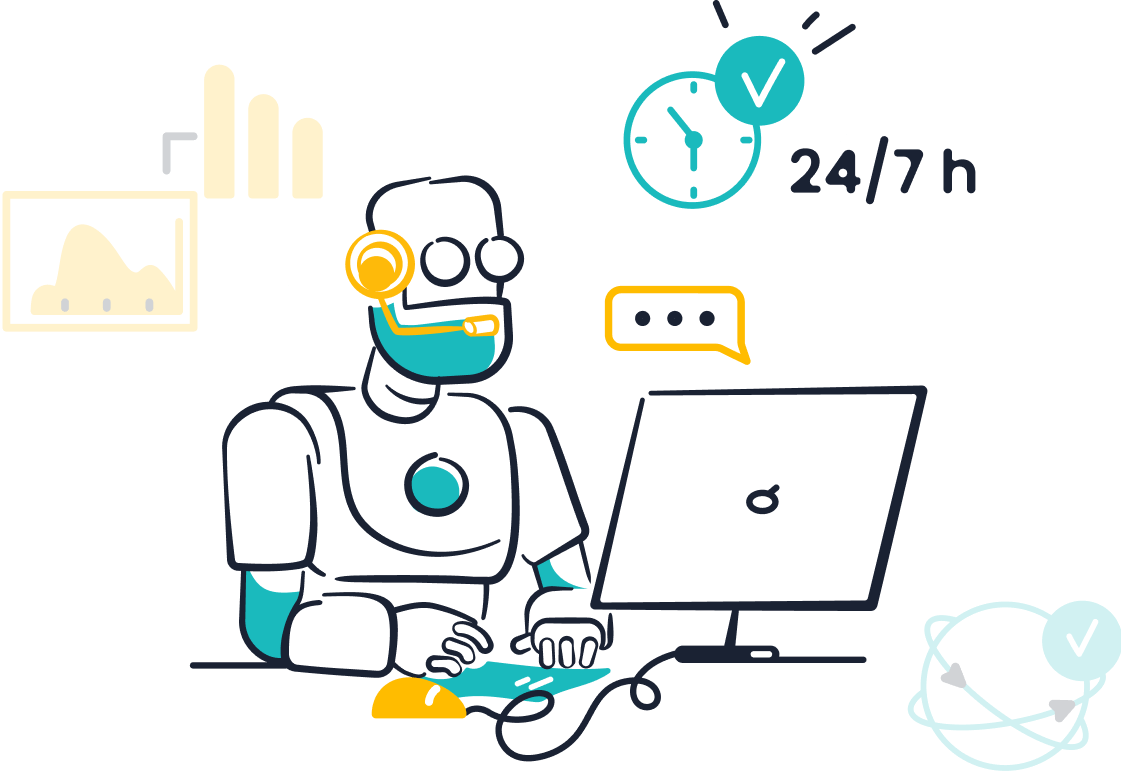
Software as a service (SaaS) has redefined how businesses operate, offering scalable, cost-effective solutions that drive transformation. By 2025, the global SaaS market is projected to reach $390.50 billion, fueled by groundbreaking innovations in AI and tailored industry solutions. Companies like Sobot are leading this evolution, delivering intelligent tools that enhance customer interactions and operational efficiency.
This year marks a turning point for SaaS innovation. Organizations are shifting from broad AI experiments to targeted applications that deliver measurable results. To identify the top SaaS companies, you should evaluate metrics like monthly recurring revenue, customer acquisition channels, and product lifecycle. These criteria reveal the true leaders shaping the future of business.
What is SaaS and Why It Matters in 2025
Definition of Software as a Service (SaaS)
Key characteristics of SaaS
Software as a service (SaaS) refers to cloud-based software that you can access via the internet without needing to install or maintain it on your devices. Its defining features include accessibility, scalability, and subscription-based pricing. SaaS platforms are hosted on remote servers, ensuring you always have the latest updates without manual intervention. This model eliminates the need for expensive hardware, making it a cost-effective solution for businesses of all sizes.
Benefits of the SaaS model for businesses
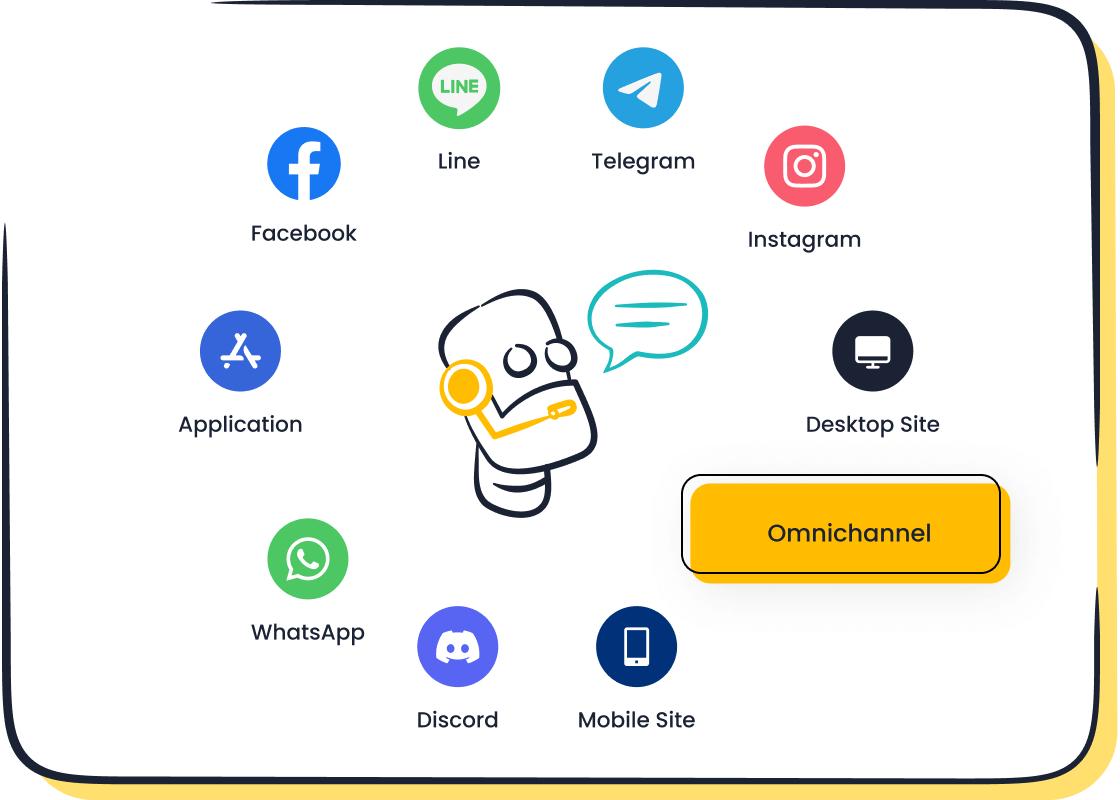
The SaaS model offers numerous advantages. It reduces upfront costs, as you only pay for what you use. It also provides flexibility, allowing you to scale up or down based on your needs. Additionally, SaaS ensures seamless collaboration by enabling teams to work together in real-time, regardless of location. For instance, Sobot’s AI-powered chatbot operates 24/7, helping businesses cut costs by up to 50% while boosting efficiency by 70%.
The Growing Significance of SaaS
SaaS adoption trends across industries

SaaS adoption has skyrocketed across industries, from healthcare to retail. In the 1960s, SaaS began as time-shared computing for large organizations. By the 1990s, companies like Salesforce revolutionized the model, making it accessible to businesses worldwide. Today, SaaS is more critical than ever. Companies are integrating AI-driven tools to enhance productivity and customer engagement. For example, Sobot’s omnichannel chatbot supports multiple languages, making it ideal for global businesses.
How SaaS is revolutionizing customer service and support
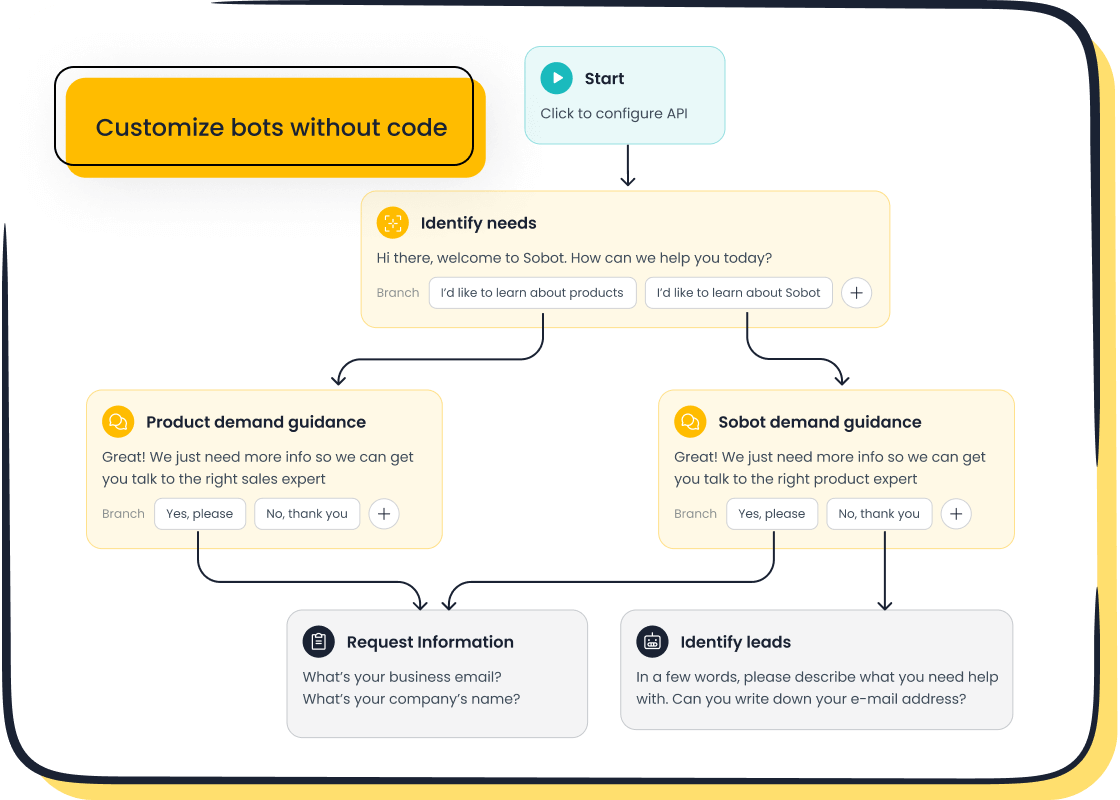
SaaS is transforming customer service by offering tools that improve response times and satisfaction rates. AI-powered solutions like Sobot’s chatbot handle repetitive queries, freeing agents to focus on complex issues. This approach not only enhances customer experiences but also drives higher retention rates. For example, OPPO achieved an 83% chatbot resolution rate and a 94% positive feedback rate using Sobot’s solutions.
Key Metrics for Evaluating SaaS Companies
Customer retention and satisfaction
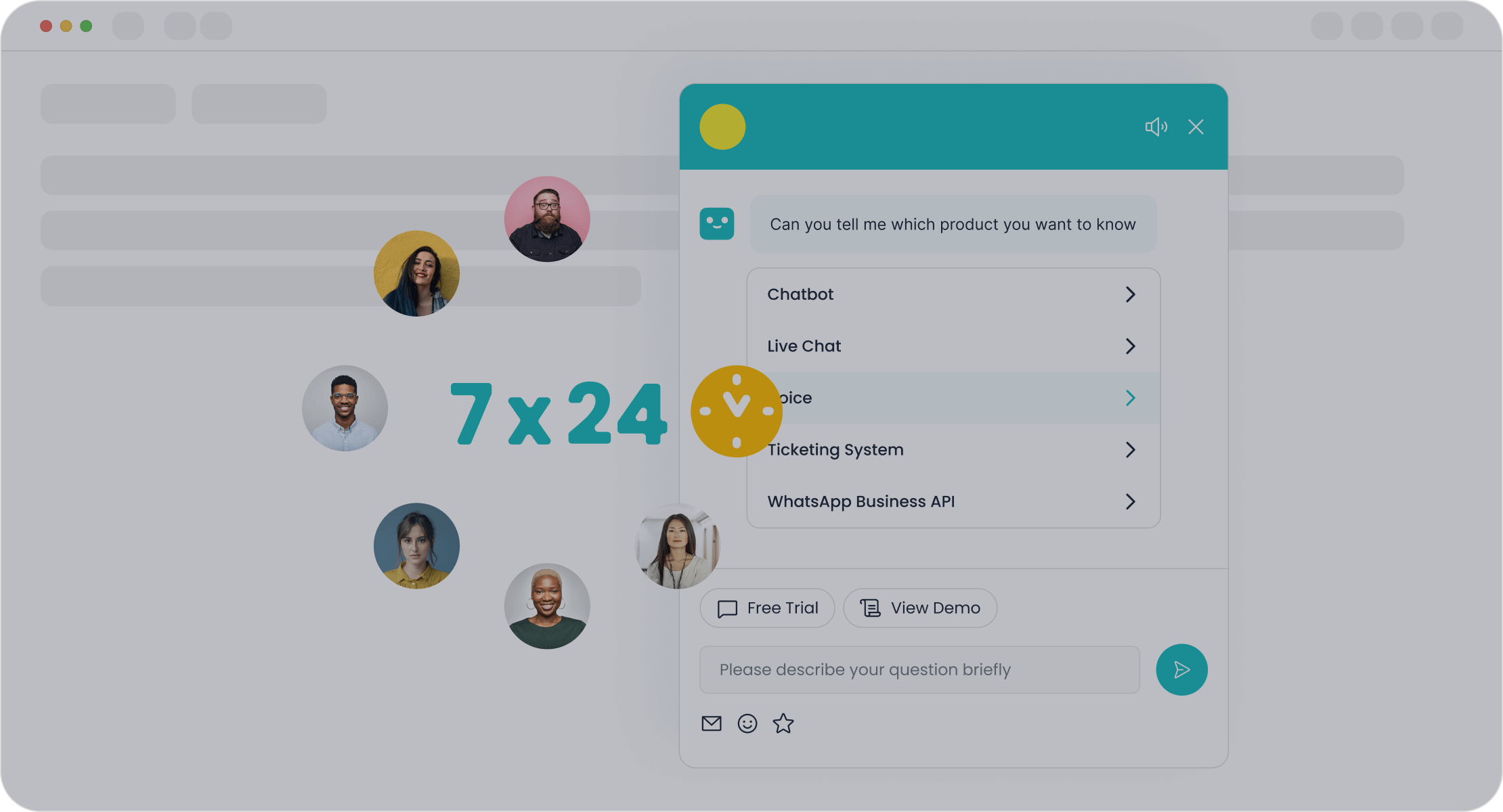
Customer retention is a vital metric for SaaS success. High retention rates indicate satisfied customers who see value in your product. Companies like Miro have improved retention by offering in-app training, boosting user engagement. Similarly, Sobot helps businesses improve customer satisfaction through its customizable chatbot, which increases conversion rates by 20%.
Revenue growth and market share
Revenue growth and market share reflect a SaaS company’s ability to scale and compete. Metrics like Annual Recurring Revenue (ARR) and Monthly Recurring Revenue (MRR) provide insights into financial health. SaaS companies are also leveraging AI to unlock new revenue streams. For example, Salesforce has demonstrated how AI-driven innovations can significantly boost profitability.
Established SaaS Giants Leading the Way
Salesforce
Dominance in customer relationship management (CRM)
Salesforce has cemented its position as the leader in customer relationship management (CRM) software. Its cloud-based solutions empower businesses to manage customer interactions, sales pipelines, and marketing campaigns seamlessly. By offering a unified platform, Salesforce enables you to streamline operations and improve customer engagement. The company’s CRM tools are widely adopted across industries, making it a cornerstone for businesses aiming to enhance their customer relationships. With its robust ecosystem, Salesforce continues to set the standard for CRM excellence.
Innovations in AI and automation
Salesforce is revolutionizing the SaaS landscape with its advancements in artificial intelligence and automation. The Einstein platform introduces generative AI capabilities, automating tasks like drafting sales emails and customer service replies. This innovation boosts productivity by eliminating manual work. Additionally, the Agentforce feature provides 24/7 support through AI agents, ensuring uninterrupted assistance for employees and customers. These tools not only enhance efficiency but also prioritize data privacy and security, making Salesforce a trusted choice for businesses in 2025.
- Key innovations include:
- Einstein generative AI for automating repetitive tasks.
- Agentforce for round-the-clock AI-driven support.
- A strong focus on data security in AI applications.
Microsoft (Microsoft 365 and Azure)
Integration of SaaS with cloud infrastructure
Microsoft has seamlessly integrated SaaS with its cloud computing infrastructure, offering unparalleled flexibility and scalability. Microsoft 365 combines productivity tools like Word, Excel, and Teams with the power of Azure, its cloud platform. This integration allows you to access cloud-based software that supports collaboration and data storage. Azure’s global network ensures reliability and speed, making it a preferred choice for enterprises. By leveraging Microsoft’s ecosystem, businesses can optimize workflows and reduce operational costs.
Expanding enterprise solutions
Microsoft continues to expand its enterprise solutions, catering to the evolving needs of businesses. Its SaaS offerings include advanced analytics, AI-driven insights, and industry-specific tools. For example, Azure AI enables predictive analytics, helping you make data-driven decisions. Microsoft’s commitment to innovation ensures that its solutions remain relevant and impactful. Whether you’re a small business or a multinational corporation, Microsoft’s SaaS tools provide the scalability and customization you need to thrive in 2025.
Adobe
Leadership in creative and marketing SaaS tools
Adobe has transformed the creative and marketing industries with its cloud-based software solutions. Adobe Creative Cloud offers tools like Photoshop and Illustrator, which are essential for professionals in design, photography, and video editing. These tools enhance collaboration and streamline workflows, making them indispensable for creative teams. Adobe’s adaptability to vertical SaaS needs is evident in its industry-specific features, such as brand management tools for marketing agencies. This leadership solidifies Adobe’s position as a pioneer in creative SaaS.
Focus on customer experience management
Adobe’s focus on customer experience management sets it apart in the SaaS market. Its Experience Cloud provides tools for analyzing customer journeys, enabling you to deliver personalized experiences. By integrating AI and machine learning, Adobe helps businesses predict customer behavior and optimize engagement strategies. This focus on enhancing customer satisfaction makes Adobe a key player in the SaaS industry, especially as businesses prioritize customer success in 2025.
- Notable contributions include:
- Transition to a cloud-based subscription model with Adobe Creative Cloud.
- Industry-specific tools like brand management for marketing agencies.
- AI-driven insights for customer experience optimization.
Innovative Startups Disrupting the SaaS Space
Canva
Unique value proposition in design tools
Canva has revolutionized the design industry by making creativity accessible to everyone, not just professionals. Its platform is designed to be intuitive, reducing the learning curve for users who may have never touched design software before.
- You can create stunning visuals quickly, thanks to Canva’s user-friendly interface.
- The freemium model allows individuals and businesses to explore its features without upfront costs.
- Canva’s mission to democratize design empowers users to visually express their ideas effortlessly.
Whether you’re crafting social media posts or business presentations, Canva simplifies the process, enabling you to focus on creativity rather than technicalities.
Rapid growth and market impact
Canva’s rapid growth stems from its commitment to user-focused design. During its pre-release phase, extensive user testing revealed that new users hesitated to interact with buttons. By addressing this issue, Canva ensured every user had a seamless experience from the start. Its freemium model attracted millions of users, many of whom upgraded to premium plans for advanced features. This strategy has positioned Canva as one of the most successful SaaS startups in the design space, with a global impact that continues to grow.
Notion
Focus on productivity and collaboration
Notion has emerged as a leader in productivity and collaboration tools, offering features that cater to diverse workflows.
- Its flexible hierarchical file system lets you organize projects intuitively.
- Advanced table functionalities and customizable toggles enhance productivity.
- Integration capabilities allow you to connect Notion with other tools, streamlining your work.
Whether you’re managing a team or working solo, Notion’s user-friendly interface ensures you stay organized and efficient.
Cutting-edge technology and innovation
Notion leverages cutting-edge technology to deliver innovative solutions. It integrates modern AI tools to refine its offerings and uses familiar technology stacks like PHP with Laravel and Vue.js for rapid development. Tools like cursor.io and amplitude provide analytics that guide product improvements. This hybrid approach combines automation with human feedback, ensuring Notion evolves based on user needs. By prioritizing innovation, Notion remains a top choice for businesses seeking advanced SaaS solutions in 2025.
Sobot
Customer-centric approach with AI-powered Chatbot
Sobot stands out among B2B SaaS startups with its AI-powered chatbot designed to enhance customer interactions. The chatbot operates 24/7, autonomously resolving routine queries and assisting agents with complex issues. This approach improves productivity by 70% and reduces service costs by up to 50%.
- Multilingual support ensures seamless communication across global markets.
- Omnichannel capabilities allow you to engage customers on platforms like WhatsApp and SMS.
- Customizable workflows help businesses gain 30% more leads while boosting conversions by 20%.
Sobot’s chatbot exemplifies how software as a service (SaaS) can transform customer service, making it a vital tool for businesses in 2025.
Scalability and future potential in contact center solutions
Sobot’s scalability positions it as a key player in the SaaS startups space. With over 550,000 users and 6 million daily online communications, Sobot’s solutions cater to industries ranging from retail to financial services. Its system stability of 99.99% ensures reliability, while its WhatsApp Business Solution Provider status highlights its commitment to innovation. By integrating AI and automation, Sobot helps businesses unify sales, marketing, and support, paving the way for future growth in the cloud-based contact center market.
Niche SaaS Players Making a Difference
Intercom
Specialization in customer support tools
Intercom excels in customer support by offering tools that streamline workflows and enhance efficiency. Its AI-enhanced help desk integrates inbox, tickets, and help center functionalities, enabling you to manage customer interactions seamlessly. The platform also features an AI chatbot that delivers accurate, automated responses, reducing support volume significantly. Additionally, Intercom’s proactive support tools anticipate customer needs through product tours, outbound messages, and automated surveys.
| Feature | Description |
|---|---|
| AI-enhanced help desk | Integrates inbox, tickets, and help center for improved workflow efficiency. |
| Proactive support | Anticipates customer needs through product tours, outbound messages, and automated surveys. |
| AI chatbot | Reduces support volume by providing automated, accurate responses based on existing support content. |
These features make Intercom a valuable choice for businesses aiming to optimize customer service in 2025.
Addressing specific industry needs
Intercom tailors its solutions to meet the unique demands of various industries. It supports marketing efforts by enabling user segmentation for targeted campaigns. Automated messaging enhances onboarding experiences, especially during trial periods. The platform also facilitates agile product development by allowing feature testing with specific user segments. Moreover, Intercom simplifies customer feedback collection, making it faster and more efficient than traditional methods. These capabilities position Intercom as a versatile tool for SaaS businesses seeking to refine their customer engagement strategies.
ClickUp
Focus on small and medium-sized businesses (SMBs)
ClickUp has become a go-to platform for SMBs by offering a comprehensive suite of productivity tools. Its all-in-one approach eliminates the need for multiple software subscriptions, saving you time and money. Whether you’re managing projects, tracking tasks, or collaborating with your team, ClickUp provides an intuitive interface that simplifies these processes. Its flexibility allows SMBs to scale their operations without incurring significant costs, making it a practical choice for growing businesses.
Affordable and customizable solutions
ClickUp’s affordability and customization options set it apart from other SaaS tools. You can tailor the platform to fit your specific needs, whether through custom workflows, dashboards, or integrations. Its pricing model ensures that even small businesses can access advanced features without breaking the bank. This combination of affordability and adaptability has made ClickUp one of the most successful SaaS startups in the productivity space, particularly for SMBs looking to thrive in 2025.
Sobot Chatbot
Innovations in call center and customer service software
Sobot’s AI-powered chatbot redefines customer service by automating interactions and enhancing efficiency. Operating 24/7, it autonomously resolves routine queries, allowing your agents to focus on complex issues. The chatbot supports multiple languages and integrates seamlessly across channels like WhatsApp and SMS, ensuring a consistent customer experience. Its no-coding-required setup makes it accessible for businesses of all sizes. By adopting Sobot’s chatbot, you can cut service costs by up to 50% and boost productivity by 70%, making it a standout solution among b2b saas startups.
Enhancing customer success strategies
Sobot goes beyond automation to drive customer success. Its customizable workflows help you gain 30% more leads while increasing conversions by 20%. The chatbot’s ability to provide real-time intent assistance ensures that customers receive personalized support, improving satisfaction and retention rates. Companies like OPPO have leveraged Sobot’s solutions to achieve an 83% chatbot resolution rate and a 94% positive feedback rate. These results highlight Sobot’s potential to transform customer service and collaboration in the cloud-based contact center market.
Key SaaS Trends and Predictions for 2025
AI and Machine Learning in SaaS
Personalization and predictive analytics
Artificial intelligence is redefining the future of SaaS by enabling advanced personalization and predictive analytics. SaaS platforms now analyze user behavior to customize interfaces and functions, improving user satisfaction. For example, machine learning models dynamically tailor content based on real-time data, ensuring a seamless experience. AI-powered SaaS tools also predict customer needs, helping businesses make data-driven decisions. This level of ai-driven personalization enhances customer engagement and retention, making it a cornerstone of SaaS innovation in 2025.
Automation of customer service processes
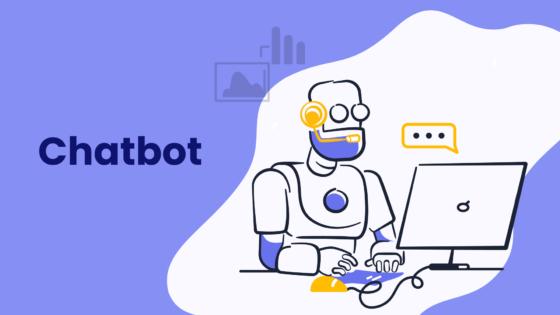
Automation is transforming customer service in the SaaS industry. AI chatbots, like Sobot’s multilingual solution, handle routine queries 24/7, reducing costs by up to 50%. These tools improve productivity by 70% while ensuring consistent customer experiences. Additionally, AI enhances security by analyzing data for potential threats, safeguarding sensitive information. With real-time adjustments and automated workflows, SaaS companies are defining the future of SaaS by streamlining operations and boosting efficiency.
Vertical SaaS Solutions
Tailored solutions for specific industries
Vertical SaaS solutions are gaining traction by addressing the unique needs of specific industries. Companies like Veeva and Workday offer tools tailored for life sciences and financial services, respectively. For instance, Veeva provides document management systems for pharmaceutical companies, while Workday focuses on regulatory compliance in healthcare. These specialized solutions enable businesses to optimize operations and meet industry-specific challenges, making vertical SaaS a key growth area in cloud computing.
Growth in healthcare, education, and finance sectors
Industries like healthcare, education, and finance are experiencing rapid SaaS adoption. Healthcare benefits from tools like patient portals and appointment scheduling, while education leverages SaaS for e-learning platforms. In finance, SaaS applications streamline compliance and data analytics, improving decision-making. The government sector, historically slow to adopt SaaS, is also embracing these solutions, signaling a broader shift toward modernization. This growth highlights the versatility and scalability of the subscription-based pricing model in vertical SaaS.
Focus on Customer Success
Enhanced tools for customer engagement
Customer engagement tools are evolving to meet the demands of modern businesses. Live chat solutions, such as Sobot’s omnichannel chatbot, enable real-time interactions across platforms like WhatsApp and SMS. Email marketing tools and personalization platforms further enhance engagement by delivering tailored experiences. These innovations not only improve customer satisfaction but also drive higher conversion rates, solidifying the role of SaaS in fostering collaboration and success.
Metrics-driven customer retention strategies
Retention metrics are critical for SaaS companies aiming to sustain growth. Tracking net revenue retention helps identify opportunities to enhance loyalty and prevent churn. For example, businesses that achieve an 85-90% retention rate demonstrate a successful business model. By leveraging data analytics, SaaS companies can refine their strategies, ensuring long-term customer satisfaction. Sobot’s customizable workflows exemplify this approach, helping businesses gain 30% more leads while improving retention rates.
The SaaS companies highlighted in this blog are shaping the future of technology and business in 2025. From Salesforce’s AI-driven CRM tools to Sobot’s innovative chatbot solutions, these companies are redefining how businesses interact with customers and streamline operations. SaaS empowers you to scale efficiently, reduce costs, and focus on growth. Its flexibility and automation capabilities allow businesses to stabilize revenue models and compete without heavy infrastructure investments.
As AI continues to revolutionize SaaS, customer support will become even more critical. Companies like Sobot demonstrate how AI-powered tools can enhance customer satisfaction while driving operational efficiency. By exploring these companies and trends, you can stay ahead in a rapidly evolving marketplace and unlock new opportunities for success.
FAQ
What is SaaS, and why is it important for businesses?
SaaS (Software as a Service) delivers cloud-based software accessible via the internet. It eliminates the need for costly hardware and maintenance. Businesses benefit from scalability, cost-efficiency, and real-time collaboration. For example, Sobot’s AI-powered chatbot operates 24/7, cutting service costs by 50% while boosting productivity by 70%.
How does AI enhance SaaS solutions?
AI transforms SaaS by automating tasks, personalizing user experiences, and predicting customer needs. Tools like Sobot’s multilingual chatbot handle routine queries autonomously, improving efficiency. AI also enables predictive analytics, helping businesses make data-driven decisions and enhance customer satisfaction.
What industries benefit most from SaaS solutions?
SaaS impacts industries like healthcare, retail, and finance. For instance, Sobot’s omnichannel solutions unify customer interactions across platforms, making them ideal for global businesses. In healthcare, SaaS streamlines patient management, while in retail, it enhances customer engagement and operational efficiency.
How do SaaS companies ensure data security?
SaaS providers implement encryption, multi-factor authentication, and regular audits to protect data. Sobot ensures 99.99% system stability and complies with global security standards, safeguarding sensitive customer information. This reliability builds trust and ensures uninterrupted service.
Why should businesses consider Sobot for their SaaS needs?
Sobot offers scalable, AI-driven solutions tailored to diverse industries. Its chatbot improves customer interactions, reduces costs, and boosts conversions by 20%. Trusted by brands like OPPO and Samsung, Sobot’s innovative tools help businesses thrive in a competitive SaaS landscape.
Tip: Explore Sobot’s solutions here to transform your customer service strategy today!
See Also
Best Cloud Contact Center Solutions You Need in 2024
Leading Customer Feedback Software Options for 2024
Best Analytics Tools for Call Centers in 2024